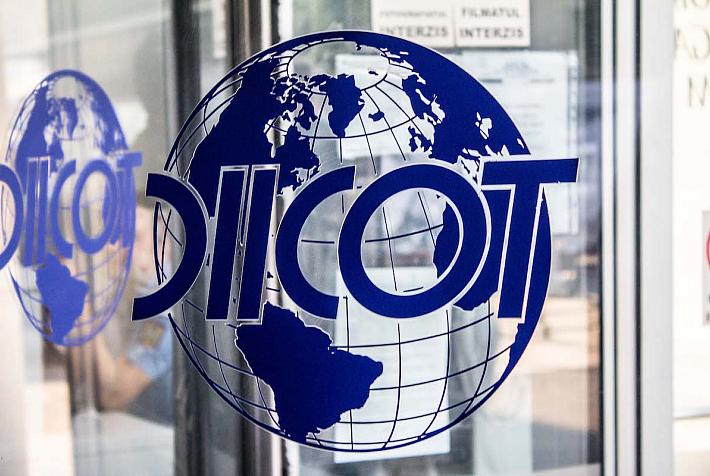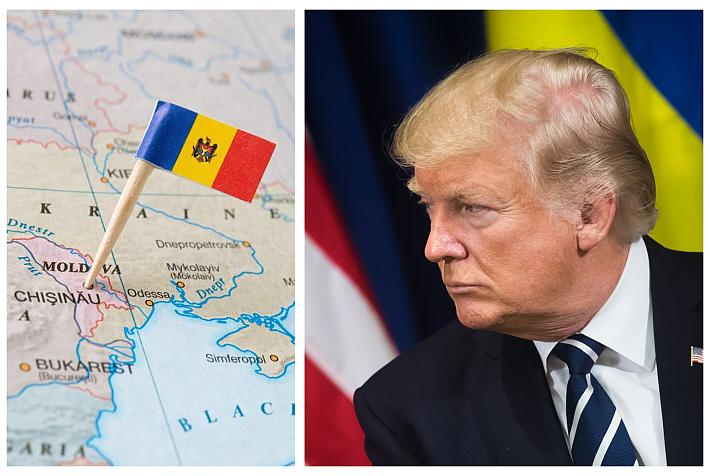Romania’s Mărțișor tradition adapts to cold weather with plum brandy token

The local tradition of Mărțișor signals the beginning of spring but the unusually cold weather this year has brought a special kind of mărțișor.
The mărțișor is a token tied with red and white entwined strings. It is usually offered as a gift between March 1 and March 8.
Alin Hognoci, a jeweler from Poieni, in western Romania’s Cluj county, brought at a Mărțișor Fair in Cluj-Napoca small bottles filled with the plum brandy palincă as mărțișoare, actualdecluj.ro reported. They are filled with palincă made with plums from his own orchard. He says the items sell very well, because of the low temperatures.
“Together with my wife, we thought about coming up with something more original. She saw and ordered the little bottles, and we filled them like in a small distillery,” Hognoci explained.
The tokens also go by the name amețișor ("a ameți" is the Romanian word for "to become dizzy"). One such mărțișor costs RON 10 (EUR 2).
Besides the plum brandy mărțișor, he also has mărțișoare filled with wine and with visinată, a home-made cherry liquor. For next year, they are thinking about introducing a beer mărțișor.
In Bucharest, the cold weather kept public schools closed throughout the week, impacting the mărțișor and flower sales. Many children offer mărțișoare on March 1 and flowers on March 8 to their women teachers and girl colleagues, but the demand for both dropped as children stayed home.
Romania’s Martisor tradition: Most popular “martisoare” and what they mean
Martisor fairs spring up in Bucharest
Romanian spring tradition included on UNESCO Intangible Cultural Heritage list
(Photo: Bijuterii Art Facebook Page)
editor@romania-insider.com












